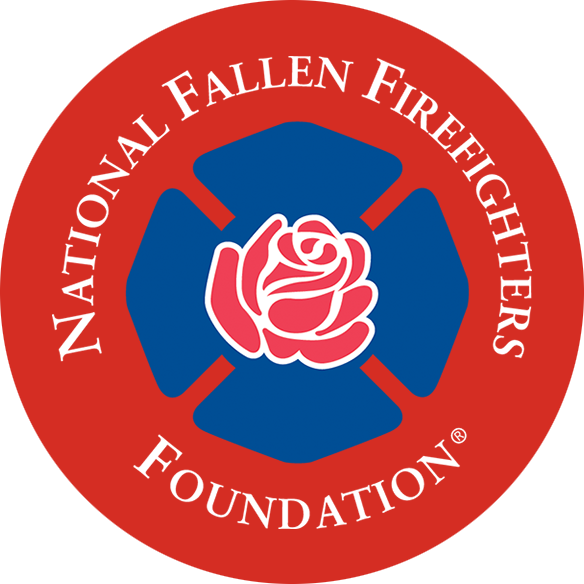Wildland Urban Interface Fires Lessons Learned
This module is appropriate for both “blue shirts” (structural firefighters) and “yellow shirts” (wildland firefighters). The goal is to work together more effectively at wildfire responses.
Leading in Times of Challenge Session 2: Team Building and Training
The fire service is facing many challenges from changes in finances, generational turnover operational needs, organizational management, personnel expectations, society, and technology. Sharing experiences, successes, and failures can help leaders learn from each other, expand their thinking, and bring new ideas and strategies to their departments. Leading in Times of Challenge is a conversation between fire service leaders about the challenges departments face today, understanding the factors at play, and addressing the challenges with creative solutions. Session 2 covers team building and training.
Leading in Times of Challenge Session 1: Relationships and Culture
The fire service is facing many challenges from changes in finances, generational turnover operational needs, organizational management, personnel expectations, society, and technology. Sharing experiences, successes, and failures can help leaders learn from each other, expand their thinking, and bring new ideas and strategies to their departments. Leading in Times of Challenge is a conversation between fire service leaders about the challenges departments face today, understanding the factors at play, and addressing the challenges with creative solutions. Session 1 covers communication, interpersonal relationships, a culture of health and safety, and leadership development.
Leading in Times of Challenge Session 1: Relationships and Culture
Leading in Times of Challenge is a conversation between fire service leaders about the challenges departments face today, understanding the factors at play, and addressing the challenges with creative solutions. Session 1 covers communication, interpersonal relationships, a culture of health and safety, and leadership development.
Preventing Carbon Monoxide Poisoning in the Fire and Rescue Services
This program introduces fire service personnel to carbon monoxide: scientific properties, sources, detection, effects on the human body, exposures to firefighters, and exposure mitigation strategies. The module provides critical, concrete, accurate information and best practices you can use immediately to reduce your CO exposure and protect yourself and your colleagues from injury and death.
Why Advanced Pre-Planning is Important: A Greensboro Case Study
This program features a case study of a nearly fatal fire at an auto repair shop in Greensboro, NC, highlighting the importance of advanced pre-planning for complex properties, with insights from the Greensboro Fire Department on lessons learned and subsequent improvements to their preplanning process.
Fire and Rescue Training Safety
This module explores factors influencing training safety and recommended practices to reduce firefighter deaths and injuries, covering department culture, training design and administration, facilities, instructor requirements, safety officer roles, student needs, and safety practices.
Engine Company Operations at Fires in Sprinklered Properties
Fire officers and firefighters must understand how to interact with automatic sprinkler systems to save lives and protect property, and this self-paced program outlines the critical initial actions required upon arrival at a property with an activated sprinkler system to ensure effective incident management and system restoration.
Developing a Pre-Incident Plan for a Protected Building
This self-paced program teaches how to complete pre-incident plans for commercial and industrial structures with sprinkler systems, enhancing fire suppression efforts and fostering relationships with property stakeholders, crucial due to the relative infrequency of such callouts compared to residential properties.
After-Action Review
After Action Review (AAR) offers the fire service the opportunity to formalize the tradition of informal post-incident conversations into a simple, but systematic, guided process of analyzing, refining, and improving incident response. This fire service training module explains the origins of After Action Review, its application to the fire service, how to implement it, and the important role it plays in culture change.
Advanced Pre-Planning for Complex Properties
This program emphasizes the importance of comprehensive pre-incident plans for complex properties, detailing the selection criteria, information gathering, analysis, and dissemination to incident commanders during events.
Health & Safety at Wildland Fires
This module discusses the unique characteristics of wildland fire responses, the known hazard categories and safety practices that mitigate these hazards, and how to practice effective risk management.

